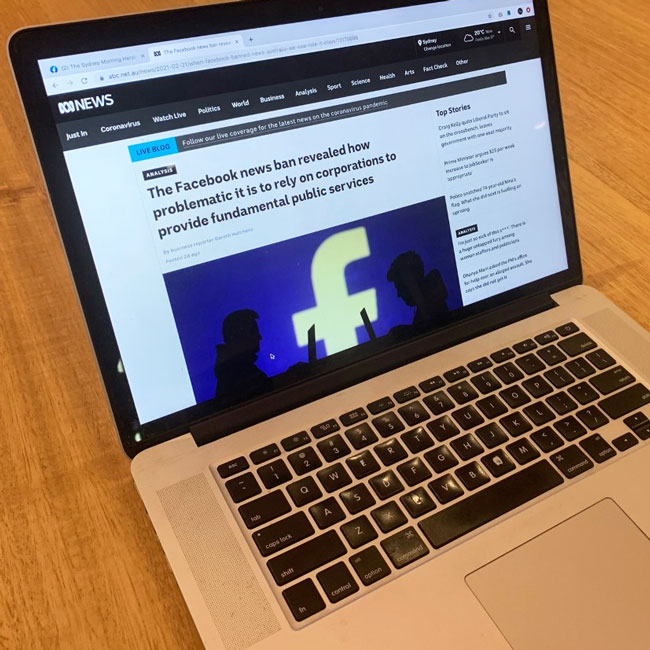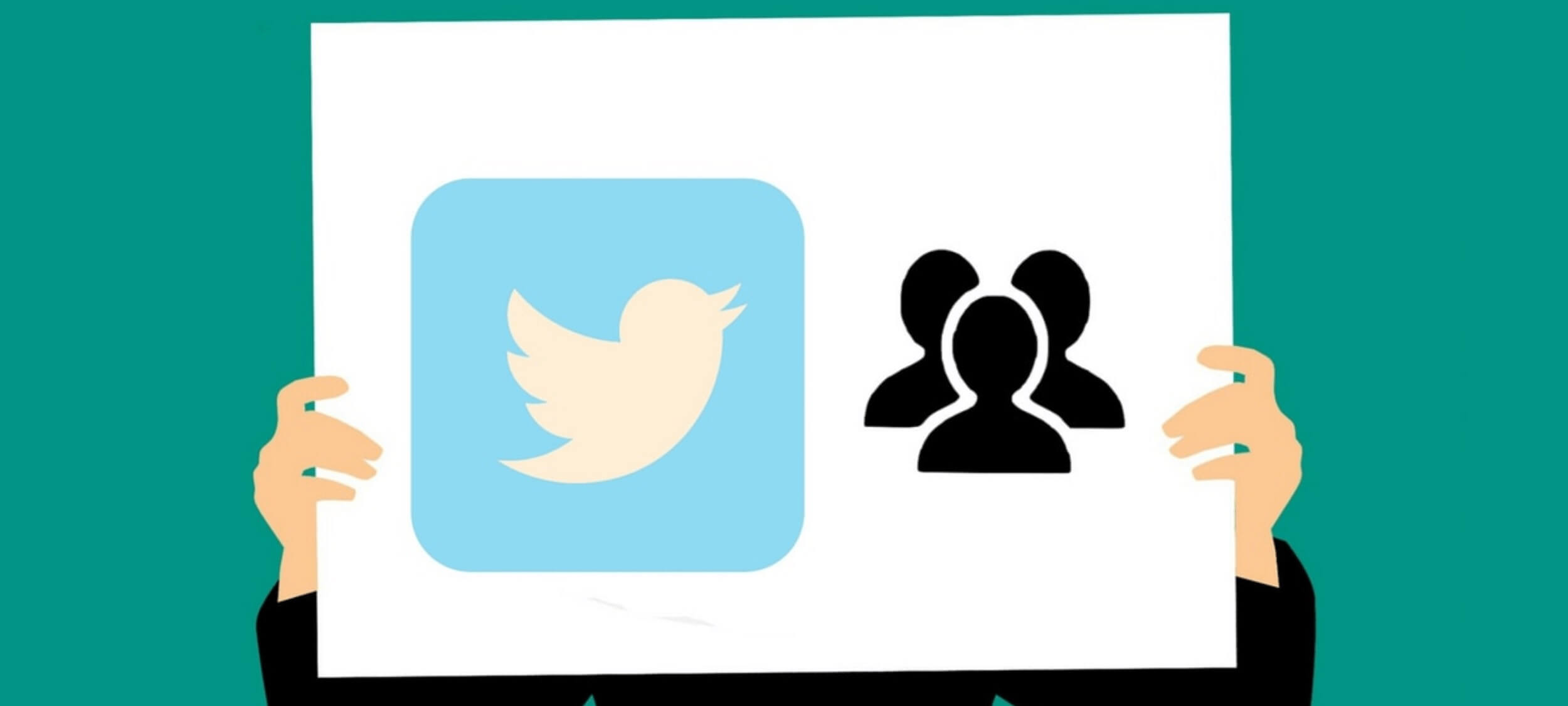
We are being saturated by knowledge. How much is too much?
Opinion + AnalysisRelationshipsScience + Technology
BY The Ethics Centre 28 JUL 2022
We’re hurtling into a new age where the notion of evidence and knowledge has become muddied and distorted. So which rabbit hole is the right one to click through?
Our world is deeply divided, and we have found ourselves in a unique moment in history where the idea of rational thought seems to have been dissolved. It’s no longer as clear cut what is right and just to believe….So what does it mean to truly know something anymore?
According to Emerson, the number one AI chat bot in the world, “rational thought is the process of forming judgements based on evidence” which sounds simple enough. It’s easy to form judgements based on evidence when the object of judgement is tangible — this cheese pizza is delicious, a cat playing a keyboard wearing glasses is funny. These are ideas on which people from all sides of the political spectrum can come to some form of agreement (with a little friendly debate).
But what happens when the ideas become a little more lofty? It’s human nature to believe that our one’s ideas are rational, well reasoned, and based on evidence. But what constitutes evidence in these information rich times?
We’re hurtling into a new age where even the notion of “evidence” has become muddied and distorted.
So where do we even begin — which news is the real news and what’s the responsible way to respond to the news that someone as intelligent as you, in possession of as much evidence as you, believes a different conclusion?
Philosopher Eleanor Gordon-Smith suggests, “There are many, many circumstances in which we decline to avail ourselves of certain beliefs or certain candidate truths because we’re being very Cartesionally responsible and we’re declining to encounter the possibility of doubt. And meanwhile, those of us who are sort of warriors for the enlightenment of being very epistemically polite and trying to only believe those things that we’re allowed to do so on. The conspiracy theorists, meanwhile, consider themselves a veil of knowledge, which then they deploy in a very different way.”
Who gets to be smart?
Before the Enlightenment, the common man had no real business in the pursuit of knowledge, knowledge was very fiercely guarded by the Church and the Crown. But once it dawned on those honest folk that they could in fact have knowledge, it almost became a moral imperative to seize it, regardless of the obstacles.
Nowadays avoiding knowledge is an impossibility impossible. Access to information has been wholly democratised, if you’ve got a smart phone handy, any Google search will result in billions of possible pages and answers. It’s now your choice to determine which rabbit hole is the right one to click. To the untrained eye, there’s no differentiating between information that is thoroughly researched and fact checked and fake news. And according to Eleanor Gordon-Smith it is this saturation of knowledge has come to define our generation. So much so that the value of knowledge “has been subject to a kind of inflation”.
She asks, “how do you restore the emancipatory potential of knowledge that the Enlightenment founders saw? How do you get back the kind of bravery, the self development, the political resistance, the independence in the act of knowing in this particular moment…is there a way to restore the bravery and the value of knowledge in an environment where it’s so cheap and so readily available?”
It is this saturation of knowledge has come to define our generation. So much so that the value of knowledge “has been subject to a kind of inflation”.
Philosopher Slavoj Žižek suggests that perhaps our mistake is putting the Englightment on a pedestal, that those involved in the Enlightment’s pursuit of knowledge mischaracterised those who came before them as naive idiots. “Modernity is not just knowledge. It’s also on the other side, a certain regression to primitivity. The first lesson of good enlightenment is don’t simply fight your opponent. And that’s what’s happening today.”
Perhaps ignorance really is bliss
In the age of disinformation, misinformation and everything in between, admitting you don’t know something almost feels like an act of rebellion. American philosopher Stanley Cavell, boldly asked “how do we learn that what we need is not more knowledge but the willingness to forgo knowledge” (it’s worth noting that this line of questioning saw his publications banned from a number of American university libraries).
Sometimes it is better to be ignorant because, “true knowledge hurts. Basically, we don’t want to know too much. If we get to know too much about it, we will objectivise ourselves, we will lose our personal dignity, so to retain our freedom it’s better not to know too much.” – Žižek
Žižek however admits that we are in a the middle of the fight. We are not at the end of the story. We cannot afford ourselves this retroactive view in the sense of: who cares what is done is already done? “Philosophers have only interpreted the world, we have to change it. We tried to change the world too quickly without really adequately interpreting it. And my motto would have been that 20th century leftists were just trying to change the world. The time is also to interpret it differently. That’s the challenge.”
When the AI chat bot Emerson is asked, “how can you know if something is true” it responds, “truth is a matter of opinion” and given these tumultuous and divided times we are living through, there is perhaps no truer statement.
To delve deeper into the speakers and themes discussed in this article, tune into FODI: The In-Between The Age of Doubt, Reason and Conspiracy.
Ethics in your inbox.
Get the latest inspiration, intelligence, events & more.
By signing up you agree to our privacy policy
You might be interested in…
Opinion + Analysis
Politics + Human Rights, Science + Technology
Who’s to blame for Facebook’s news ban?
Opinion + Analysis
Relationships
Why have an age discrimination commissioner?
Explainer
Relationships
Ethics Explainer: Consequentialism
Opinion + Analysis
Health + Wellbeing, Science + Technology




